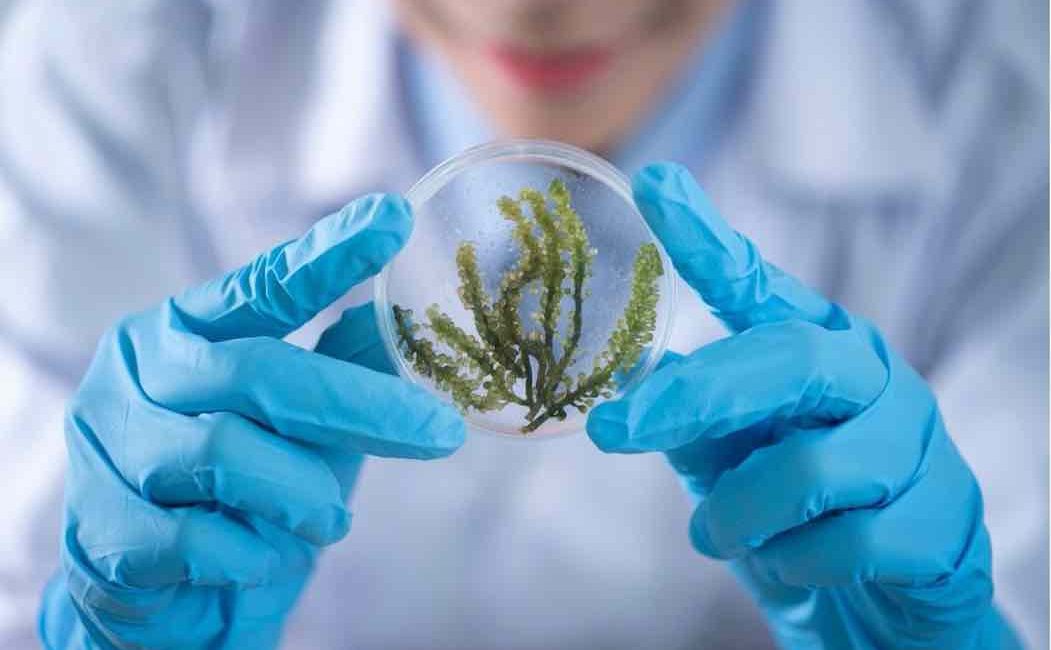Many freshmen students start out college undeclared; they aren’t sure what they want to major in and hope to use their first year to find something they want to study. Unfortunately, a lot of students take up to 2 years to decide on a major, and they may even switch majors several times up into their junior year. This wastes a lot of time and money, and can significantly delay graduation.
It’s not unusual for students that are uncertain of their path to take a little time off from college while they reassess their options. If taking this educational break isn’t realistic for you, it’s worth performing some research to discover a major you feel suits your personality and priorities. You’ll find the sooner you declare a major you’re passionate about, the more you’ll be able to commit to the classes you need to graduate. This allows you to stay on track to graduate on time.
If you’re interested in exploring some of the varied careers in biology, you’ve come to the right place. This feature on careers in biology is just one in our series, “Undeclared,” which explores potential career options in different fields, from private enterprise to public healthcare.
A Degree in Biology
There’s a tendency to think of pursuing a major as a tool targeted at a specific career. However, it can be more helpful to think of a biology degree as a gateway. While you may have studied some biology in high school, most degree programs in the subject are still designed to take you through some introductory concepts. But from there you’ll have the chance to dive deeper. Through a combination of lectures and laboratory work, you’ll get to explore the living organisms of our planet and how they interact with various ecosystems.
This is one of the reasons a degree in biology can be great if you haven’t yet settled on a career path. Many students find such a wide-ranging curriculum allows them the chance for discovery. They’re able to unearth curiosities and passions they wouldn’t have otherwise considered. This major can then help you direct your attention in more focused areas, either by leading into employment or pursuing a more specialized master’s or Ph.D. program.
Medical Technology
The technology of our digital age has the power to change and save lives. Pursuing a career in medical technology can be an enriching path to blending your biological knowledge with technological innovations. Among other advanced applications, this sector is currently making strides in producing tailored organ transplants using 3D printing tools. As such, technicians in this field are not only improving patients’ quality of life but addressing the challenges of donor shortages.
A degree in biology can see you engaging with medical tech careers in a variety of ways. You can be involved with the research and development (R&D) of new tools or work with hospitals to integrate new technology into their healthcare information technology (IT) departments. Independent medical laboratories and pharmaceutical companies are among the major employers of medical technologists.
For many roles, your biology degree can be sufficient to gain an entry-level position. Though, as with many other careers, a specialized master’s degree in medical technology alongside relevant internship experience may see you gain more senior and better-paid positions sooner. However, some states will also require you to complete licensing certification to work in a lab environment.
Public Health
Healthcare careers aren’t just about addressing the needs of individuals. Supporting the wellbeing of communities can have a significant impact on keeping the wider population healthy. One of the reasons doctors have started asking social screening questions to patients is to gain a better understanding of patients’ wider needs and how these impact wellbeing. Identifying where social components interact with health — in food insecurity and housing instability among others — is as important to public health as tracking the spread of disease.
Your biology degree can, therefore, open you up to medical careers that protect and prepare the wider community. There is a vast range of roles available, too. As an epidemiologist, you can use investigative techniques to identify and address patterns of illness in the population. As a community health educator, you can engage directly with local patients to help them identify relevant medical services and adopt better wellness behavior.
The path to most public health careers begins with a bachelor’s degree in biology. You can then usually gain entry-level positions as a public health advisor or educator. However, more technical public health careers will require additional education. Epidemiologists are expected to gain at least a master’s degree in epidemiology, public health, immunology, or another related area.
Environmental Entrepreneurism
When people think of careers in biology, many will assume this is largely focused on human medicine. However, one of the aspects you’ll discover when pursuing a major in this field is that we live among a rich ecosystem inhabited by seven (currently acknowledged) kingdoms of life. Everything from Bacteria to Animalia has an impact on the wellbeing of our planet. But we are living at a concerning time for our ecosystem, and as an environmental entrepreneur, you can use your biological knowledge to have an impact here.
Environmental entrepreneurism isn’t just about selling sustainable products, though this can help. It’s also a chance to start businesses to develop biologically strategic solutions to sustainability issues. There is a particular trend right now of mycology (the study of fungi) companies exploring the development of green packaging materials and even actively tackling threats such as oil spillages and plastic waste.
Engaging with a career in this area is similar to that of most other business fields. While there is no requirement for formal qualifications, your relevant major will certainly put you in an advantageous position. Your biology degree can empower you to identify gaps in the environmental market and be in a more informed position to develop solutions. Specializing further with master’s or Ph.D. programs for your intended field of environmental business can also gain the confidence of investors and the industry.
It can also be wise to seek enterprise opportunities as soon as possible to gain some experience. Often, your business success can hinge on understanding the various pitfalls and learning how to practically operate on a day-to-day basis. It’s worth getting involved with extracurricular business programs or groups at your college and even starting a small business of your own to get a feel for the situation.
Conclusion
Biology is an incredibly diverse field. As such, you’re able to specialize in areas such as medical technology or environmental entrepreneurism. Even if you’re unsure of what career trajectory to follow, it’s still wise to attend college so you can gain a better understanding of your passions and explore areas you might not otherwise. Choosing the right college major is a big step in building a career you enjoy. Who knows, you might just find that biology is right up your alley!
By Katie Brenneman is a passionate writer specializing in lifestyle, mental health, education, and fitness-related content. When she isn’t writing, you can find her with her nose buried in a book or hiking with her dog, Charlie. To connect with Katie, you can follow her on Twitter.




